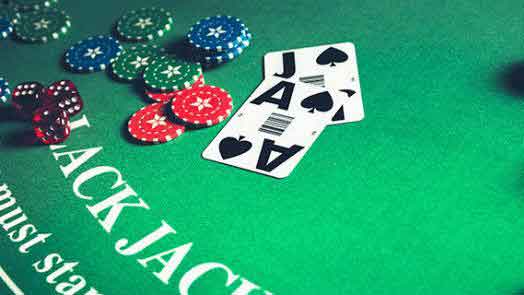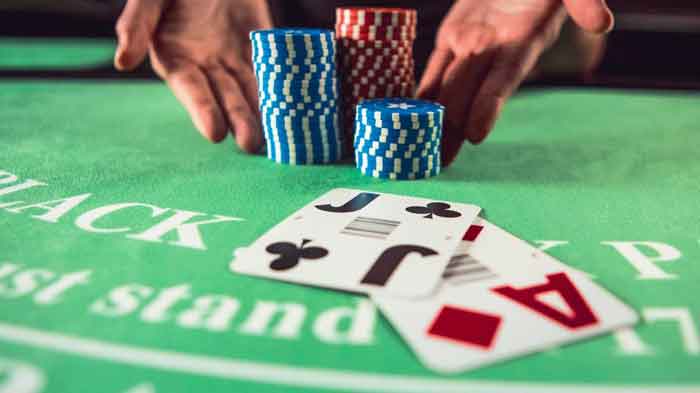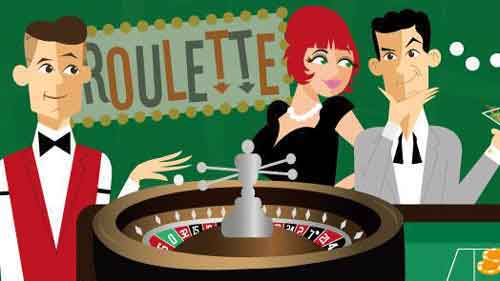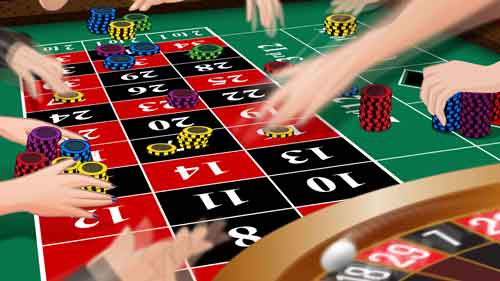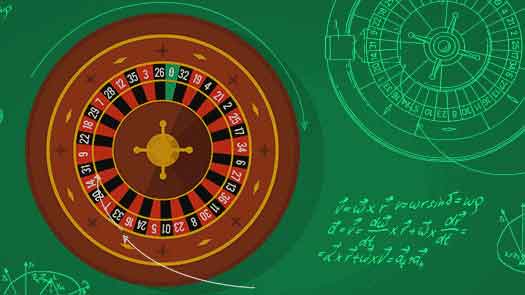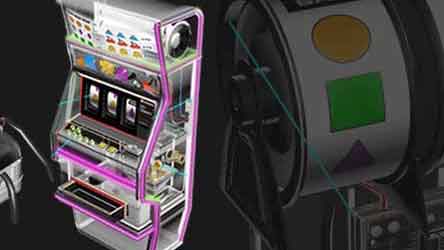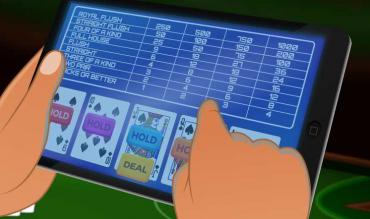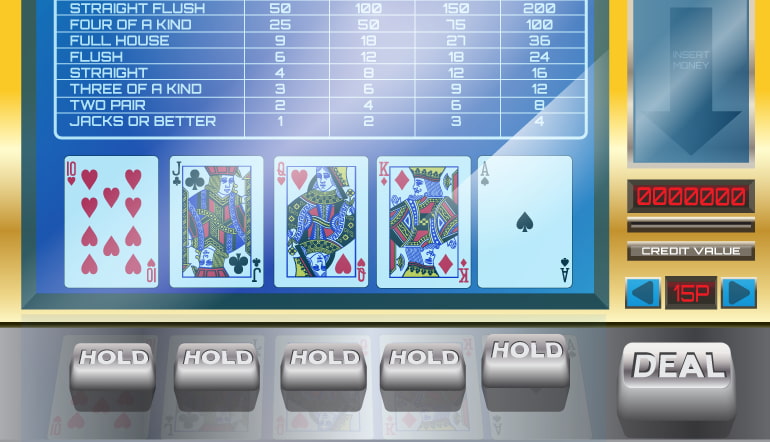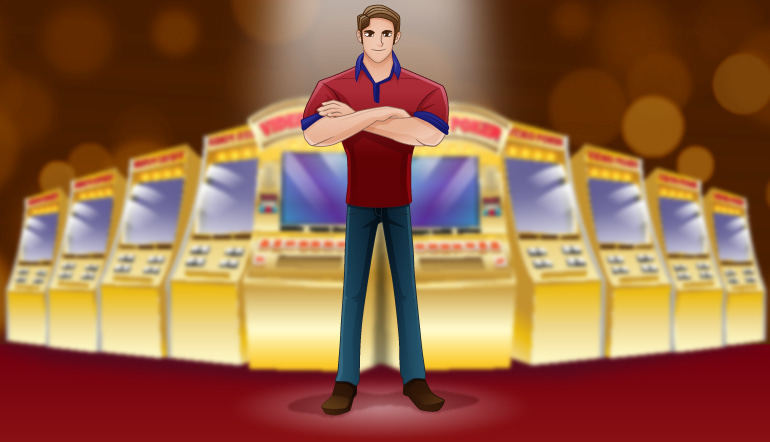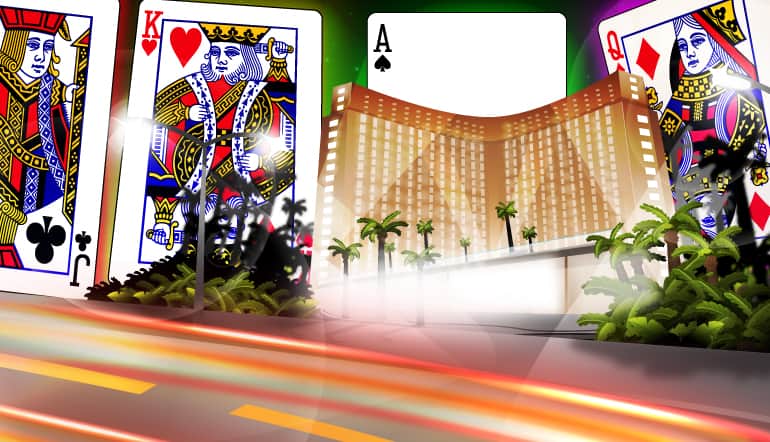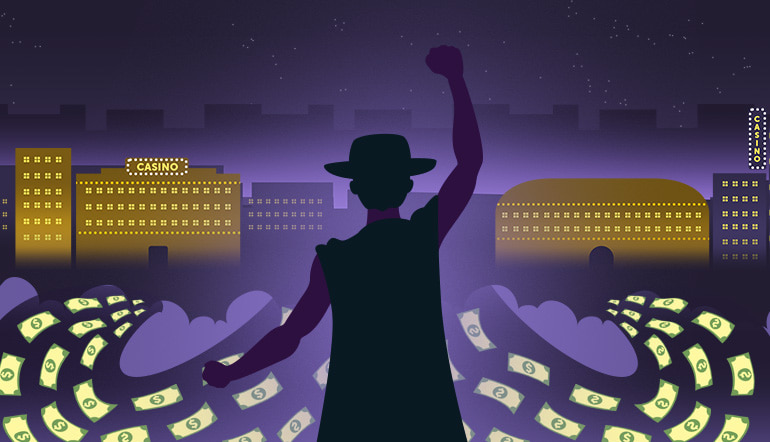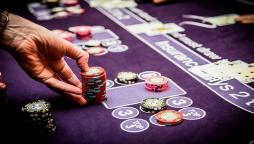Blackjack Rules Revealed
The objective of blackjack is simply to beat the dealer’s hand total without busting. The Internet is peppered with blackjack strategies, blackjack bankroll management advice, and different blackjack variants. But it's the blackjack rules that make everything stick. Without that framework, it's impossible to develop a blackjack game plan.
In this reveal-all guide to blackjack, we're going to tackle the hard issues from a different perspective. Sit back, relax, and take some notes. You're about to learn the ins and outs of blackjack online casino New Jersey games. Consider this your backstage pass to the best of blackjack!
Table of Contents
Why Are Blackjack Rules So Important?
Let's imagine the game of blackjack with no rules whatsoever. There would be no minimum or maximum bets. It would be impossible to determine the winner of a blackjack hand. Rounds of betting would have no structure. Chaos would reign supreme. Clearly, well-defined blackjack rules are paramount. Rules provide the framework for blackjack games, allowing for transparency, credibility, and accountability. Blackjack payouts are woven into the fabric of blackjack rules. Online casinos are required to subscribe to the rules of their blackjack games.
As a blackjack player, your goal is simply to beat the dealer without exceeding 21. There are many ways you can go about this. Blackjack rules form the bedrock of your game plan, and that's the starting point for our expose. Each card in blackjack has a unique value, or values. Cards 2 through 10 assume their nominal value. Jacks, Queens, and Kings are valued at 10. Aces are either 1 or 11, depending on the other cards in your hand. So far, so good. It doesn't matter what blackjack variant you are playing – these card values typically hold true.
You may be surprised to learn that there are scores of different online blackjack variants available to players. A small sampling of these games includes: Zappit Blackjack, Multihand Blackjack, Super Stakes Blackjack, Sidebets Blackjack, Live Blackjack, Blackjack Blazing 7’s, Blackjack Classic, Classic Blackjack, Super Fun 21, and more. Each of these games puts a unique spin on blackjack, with varied minimum bets, maximum bets, winning combinations of cards, and payouts.
The blackjack rules of each of these games determine the number of decks, side bets, and payouts. Fortunately, players can easily gauge a game’s viability with free blackjack games online. Blackjack variants include lots of other choices such as Double Exposure Blackjack, Pontoon, Spanish 21, Vegas Style Blackjack, Atlantic City Blackjack, Chinese Blackjack, Perfect Pairs, and Blackjack Switch. It's wise to read up about the rules of these variants, to better understand how they differ from one another.
Rule differences between Vegas Strip Blackjack and Atlantic City Blackjack
The rule variations between East Coast blackjack and West Coast blackjack are particularly interesting. Vegas Strip blackjack games feature 4 decks of cards. The dealer stands on soft 17s, and players can double on any two cards. Players are also allowed to double after splitting, but Aces can only be split once.
Split Aces that result in hand values of 21 are not considered blackjack. Interestingly enough, dissimilar 10-value cards can be split in the Vegas Strip Blackjack games, including 10-Jack-Queen-King. An important rule to check for is the blackjack payout. Sometimes you'll get odds of 6:5, and sometimes you’ll get 3:2. The latter is preferred.
Would you believe that Atlantic City Blackjack rules are almost identical to Vegas Strip Blackjack rules, except for the fact that 8 decks of cards are used. In Atlantic City Blackjack, the Late Surrender option is also permissible. These two words carry a lot of weight with blackjack players.
Late Surrender is a player-friendly rule, and a rarity. If you find a blackjack game with this rule in place, drop anchor and make your play. If you find that your hand is too weak, you can opt for late surrender and forfeit just 50% of your bet (rules apply). According to the experts, this option reduces the house edge by around 0.07%.
When Should You Use Early (ES) & Late Surrender (LS) in Atlantic City Blackjack?
• If the dealer upcard is Ace, LS with a pair of 8s
• If the dealer upcard is 10 or Ace, LS with a hard 15
• If the dealer upcard is 9, 10, or Ace, LS with a hard 16
• If the dealer stands on all 17s, LS your hard 16 with a dealer’s 9, 10, or Ace
Would you believe that you are disadvantaging yourself (at times) if you fail to implement the Blackjack surrender option when required. A hand that is likely to lose invariably raises the house edge. When you choose to surrender, you get to keep 50% of your original bet, rather than lose everything.
A similar online casino rule is in place with French Roulette – ‘La Partage’. This roulette rule allows you to save or concede 50% of your even money bet when the ball lands on zero. Such is the importance of La Partage in French Roulette games that it can reduce the house edge from 2.70% to 1.35%!
Let's get back to blackjack rules for a second. The surrender option is a great way to preserve your reserve. Your bankroll is your firepower; it allows you to up the stakes when the odds are in your favor. It makes no sense to throw good money after bad cards in blackjack. Remember, a strategy-based blackjack player performs best over time.
Anyone can win over the short-term. Lady Luck allows you to defy the odds, even with weak hand betting selections. The true test of your blackjack skills rests with your ability to strategize correctly. At the risk of preaching the perfect play, I defer to a legendary blackjack player [Frank Scoblete] who offered sage blackjack advice when requested…
‘Unfortunately, blackjack is the game that brings out every false expert who has ever lived! For some peculiar reason, blackjack players, even the worst ones who have no idea of the computer-derived basic strategy, think of themselves as truly gifted strategists who must tell everyone else at the table how to play their hands.
Worse, they must tell you just as you make your decision why that decision is good or bad. Worse still they must tell you in such a loud voice that everyone on this side of the Atlantic Ocean is now fully aware that you don't know how to play the game.’
Few casino games have a house edge quite as low as blackjack. In some cases, we are talking less than 1%. Any improvement on that house edge is a big win for blackjack players. So, early surrender is certainly a viable proposition when the dealer has a 10, or Ace upcard. In these instances, you can increase your return by 0.24% and 0.39% respectively in these online casino games.
These seemingly minuscule figures translate into a huge advantage over time. If only things were that simple! Most casinos offering the Early Surrender option will make up for that with less impressive odds elsewhere. In other words, they will do things to counteract the player-friendly effect of the Early Surrender option. Due diligence is required on your part.
Blackjack Tips for Early Surrender
• Dealer upcard Ace, and player hand is Hard 5, 6, 7
• Dealer upcard Ace, and player hand is Hard 12, 13, 14, 15, 16, 17
• Dealer upcard Ace, and player hand is 3s, 6s, 7s, 8s. Players should also surrender if dealer hits on soft 17, with player on 2s.
• Dealer upcard 10, and player hand is Hard 14, 15, 16
• Dealer upcard is 10, and player hand is 7s, 8s [except if 8s occur in 1-Deck Blackjack with Double After Split]
Blackjack Tips for Late Surrender
• Dealer upcard is Ace and hits on soft 17
• Dealer upcard is Ace, and player hand is 10 + 7
• Dealer upcard is 10, and player hand is 14
• Dealer upcard is Ace, and hits on soft 17 in single deck blackjack, player should surrender with 7+7
• Dealer upcard is 10, with player hand value of 10+5, or 9+6, with 1-6 decks in play
• Dealer upcard is 10 or Ace, and player hand is 16 in single deck/double deck blackjack
• Dealer upcard is 9, 10, Ace, with 4 decks in play, and player hand total is 16
The decision to surrender in blackjack ultimately supports the overall objective of blackjack – that being to beat the dealer's hand total. Everyone automatically assumes that to win blackjack games you need to hit 21. That's simply not true.
Any legitimate hand value can beat the dealer, provided it is higher than the dealer's hand total, and less than, or equal to 21. It's difficult to pace yourself as a novice in blackjack. Remember: incremental long-term gains are sustainable, while short-term performance is fleeting.
The Internet is filled with winning blackjack tips. As a player, your job is to assess the rules of blackjack games. Pick online blackjack with demo play options, to get a feel for the game before you bet on real money casino games.
Employ blackjack tools and resources, such as basic blackjack strategy charts, blackjack odds calculators, blackjack betting systems, and expert blackjack advice [if you're receptive to it]. These tools will help you to get the most out of your game. Each blackjack game presents you with opportunities to outfox the casino. Over the long-term, these blackjack actions will certainly pay off.
8 Blackjack Rules Myths
• Any Hand Total That Equals 21 is Blackjack
Let's debunk this myth right now! The magic number for blackjack is 21, but 21 is not necessarily blackjack. Blackjack is a combination of an Ace + 10-value card. This is also known as a natural. A 3-card 21 is simply 21, and not blackjack. Blackjack is the highest hand ranking you can achieve in the game.
• A Five-Card Hand is Impossible in Blackjack
Would you believe that a 5-Card Hand – dubbed a Charlie – is a winning hand if it doesn't bust. This hand is a rarity at bricks and mortar casinos in New Jersey, and online casinos in New Jersey. An even rarer hand is known as a 6, 7, 8, or 9 card Charlie. Naturally, a series of low-value cards can yield these types of hands. Try playing for a Charlie with free casino games – it’s definitely a challenging proposition.
• The Standard Payout for Blackjack is 3:2
Years ago, blackjack tables offered 3:2 payouts for blackjack as the default. Today, it is increasingly rare for blackjack tables to pay 3:2. A growing number of casinos offering single deck blackjack games now pays 6:5. If possible, always opt for 3:2 blackjack games. A $100 bet will yield $150 with 3:2, as opposed to $120 with 6:5.
• Blackjack Card Counting is Illegal
This blackjack myth probably emerged from casino movies portraying card counters in a negative light. In fact, if you are able to sit at a blackjack table and count cards in your head, without any electronic or mechanical devices at the table, it is not illegal. Collusion is illegal, particularly where you attempt to gain an unfair advantage over the casino, with the objective of defrauding casino sites. It's perfectly okay for you to mentally add or subtract values, as you seek to employ advantage play in blackjack.
• Progressive Betting Increases Your Winning Chances
It sounds fair enough, right? If you increase your bet every time you win, and decrease your bets after losses, you'll be able to capitalize off winning streaks? From a mathematical perspective, there is absolutely no truth to the assumption that progressive betting increases your winning chances.
• The Blackjack Insurance Rule is Designed to Help Players
Ever heard the term Sucker Bet? That's exactly what the insurance bet is. This blackjack side bet seems to be a fair proposition for players. If the dealer is showing an Ace, you may be offered the insurance bet. This costs 50% of your original bet. However, this bet is rigged against the player. Dealer has 9:4 (9 cards are not 10-value cards, 4 cards are) odds of not getting blackjack. If you took 100 insurance bets at $10 a pop, you would win 31 of those bets, and lose 69 of those bets!
• Other Players Cannot Influence Your Blackjack Performance
This is dead wrong! If other players are being disruptive, this will lead to your making poor decisions. Blackjack is after all a strategy-based casino card game. Players need to be mindful of one another, and behave with decorum at all times.
• You Are Either Lucky or Unlucky in Blackjack
Luck is a big part of the game, but careful decision-making is equally important. A lucky player can enjoy a good
